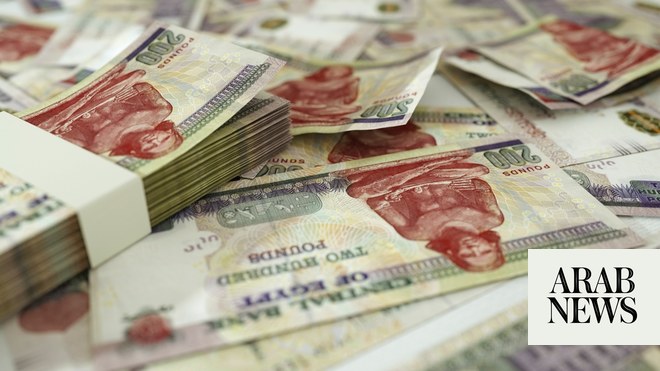In the expansive agricultural landscape of Saudi Arabia, a profound transformation is taking place, driven by the implementation of cutting-edge technologies. Despite facing obstacles like water scarcity, inefficient methods, and challenging climates, the integration of Internet of Things (IoT) technologies in agriculture is instilling a sense of positivity.
This revolutionary approach holds the promise of revolutionizing age-old agricultural practices and paving the way towards a more resilient and prosperous future for Saudi farmers. Economist and policy adviser Mahmoud Khairy, in an interview with Arab News, emphasized that enhancing productivity, resource efficiency, and sustainability in the farming sector are pivotal factors fueling the adoption of IoT applications in the Kingdom.
According to Khairy, these technologies empower farmers to monitor and manage their crops and livestock with greater efficiency, leading to enhanced yields and reduced costs. Phil Webster, a partner at the management consulting firm Arthur D. Little, noted a significant increase in the adoption of these emerging technologies compared to previous years.
As Saudi Arabia embraces IoT solutions, it embarks on a journey towards sustainable agriculture, where productivity, efficiency, and environmental stewardship converge to shape a brighter future. The application of IoT in smart farming is revolutionizing traditional agricultural practices, enabling farmers to gather real-time data on vital parameters crucial for crop growth using sensors, actuators, and connected devices.
Soil moisture, temperature, humidity, livestock health, and crop growth data are meticulously collected and analyzed to facilitate informed decision-making. Mishkat, a company specializing in sustainable and high-production farming, is at the forefront of showcasing the potential of IoT technologies in surmounting challenges and promoting sustainability.
The company’s initiatives, such as vertical farming and state-of-the-art greenhouse facilities, exemplify a commitment to producing nutritious, authentic, and sustainable food with minimal environmental impact. By integrating vertical farming with advanced greenhouse technology, Mishkat presents a viable solution to local pesticide-free and water-efficient production, offering a glimpse into the future of agriculture in arid regions.
In Riyadh, Bather Farm is redefining urban farming with its sophisticated vertical farming system, leveraging cutting-edge technology to optimize crop production in a challenging environment. This project underscores the potential of controlled environment agriculture (CEA) to reshape regional agriculture, fostering food security and sustainability.
Economist and policy adviser Mahmoud Khairy underscored the importance of embracing advanced agricultural solutions in Saudi Arabia to align with broader economic and agricultural development goals. He emphasized that investing in IoT-enabled farming technologies and precision agriculture practices would modernize the sector, create job opportunities, and reduce dependency on food imports, ultimately bolstering food security and economic diversification.
Khairy highlighted the economic benefits of data-driven approaches in agriculture, enabling farmers to make informed decisions and enhance productivity, revenue, and profitability. As the nation continues to leverage IoT technologies in the agricultural sector, Khairy pointed out the crucial role of government support, collaboration, and investment in research and development to equip farmers with the necessary skills and knowledge.
Partnerships among stakeholders, technology providers, academic institutions, and government agencies are essential to foster innovation and knowledge-sharing in the agricultural sector. Phil Webster emphasized the critical role of collaborations in promoting and maintaining digital technologies in agriculture, emphasizing the importance of data governance in ensuring effective use and monetization of data.
The integration of IoT in agriculture not only offers a pathway to overcoming challenges like water scarcity and climate change but also enhances productivity and promotes sustainable farming practices. Through collaboration, innovation, and government support, Saudi farmers are poised to embark on a journey towards a more resilient and prosperous agricultural future.
Webster predicted a potential shift towards self-sufficiency or becoming a net exporter, particularly in products like eggs, emphasizing the transformation of agricultural supply chains and the transition to alternative proteins through semi or fully-automated indoor farming. Khairy echoed the sentiment, highlighting Saudi Arabia’s potential contributions to global food security and environmental conservation through advanced farming technologies and sustainable practices.
By incorporating these advancements, farmers in the Kingdom can increase productivity while minimizing environmental impact, positioning Saudi Arabia as a key player in international food supply chains. As Saudi Arabia continues its technological advancements in agriculture, the future trajectory appears promising, with the potential to make significant global contributions in the realm of food security and environmental conservation.
